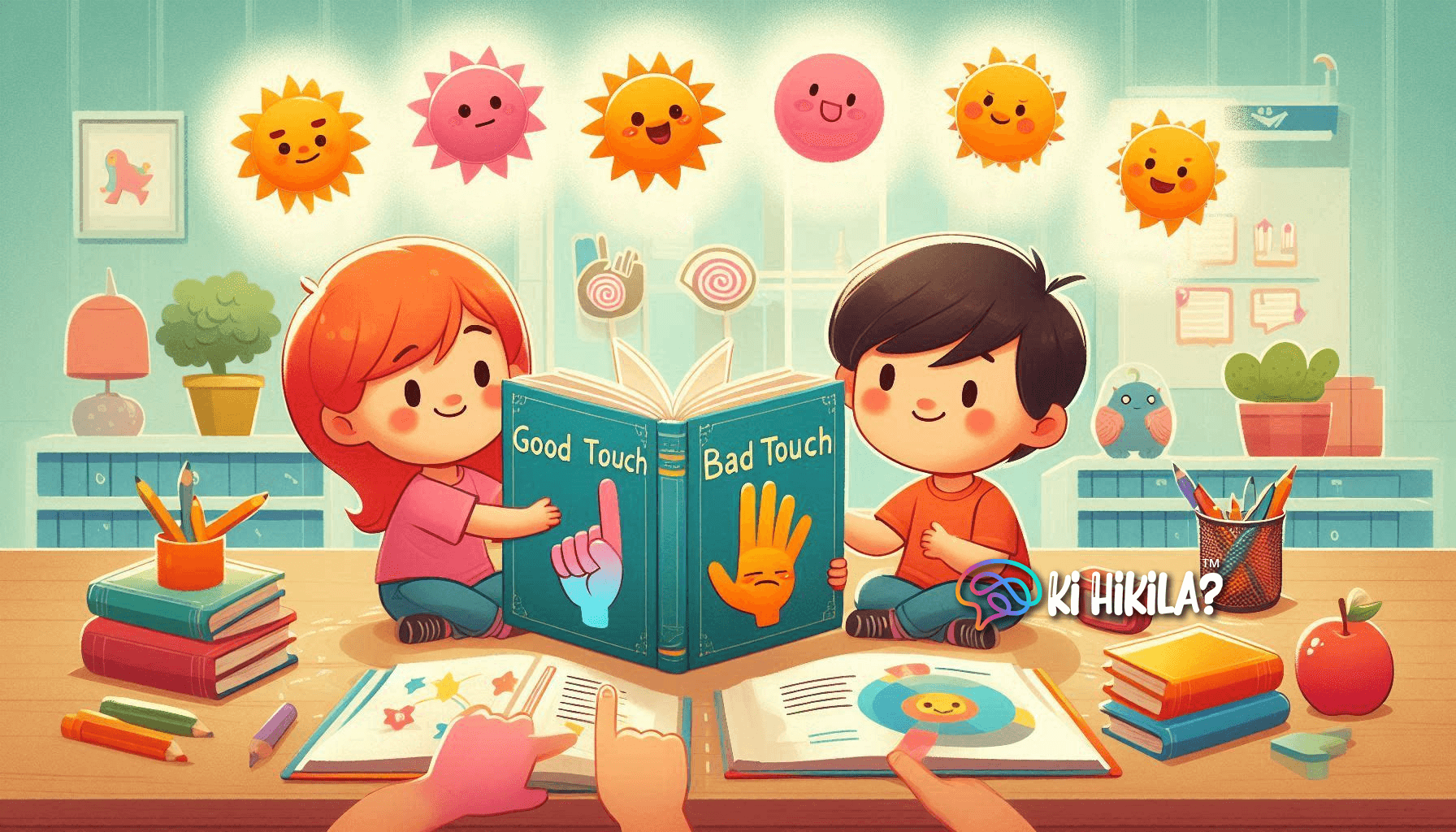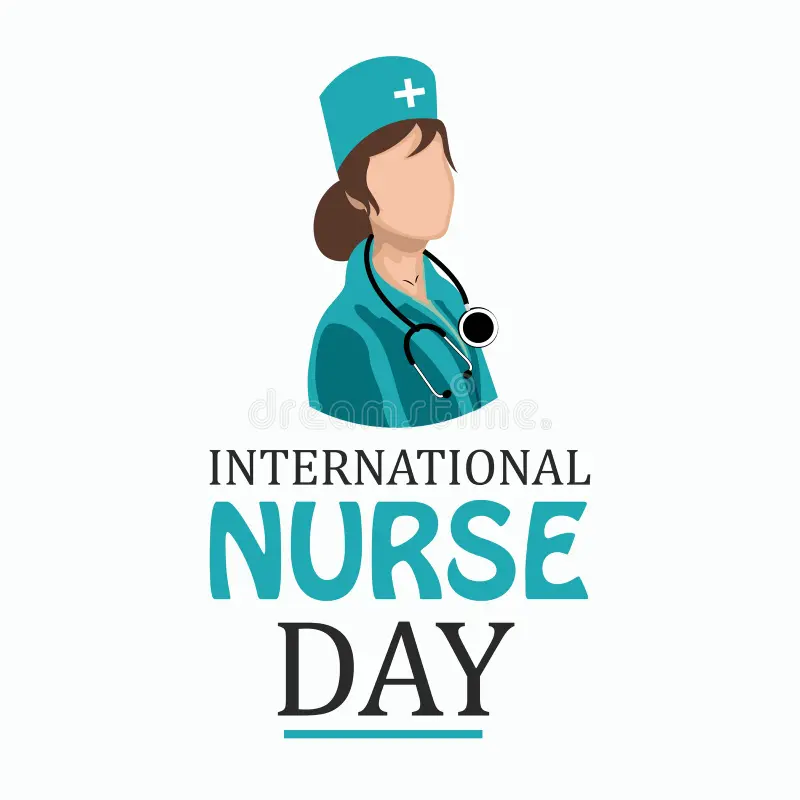In the fast-paced landscape of the modern workplace, the ability to think critically is a valuable asset that sets individuals apart. Developing critical thinking skills goes beyond mere problem-solving; it’s about approaching challenges with a sharp, analytical mind.
The Essence of Critical Thinking
Sharpening the Cognitive Blade
Critical thinking is the art of objectively analyzing and evaluating information to form reasoned judgments. It involves the ability to question assumptions, consider various perspectives, and make informed decisions. In a world inundated with information, honing this skill becomes crucial for navigating the complexities of both personal and professional spheres.
Unpacking the Components
Breaking Down the Critical Thinking Toolkit
- Analysis: Breaking down complex issues into manageable parts, allowing for a more in-depth understanding.
- Evaluation: Assessing the credibility and reliability of information to make informed judgments.
- Problem-Solving: Applying creative and logical solutions to challenges, fostering innovation.
- Decision-Making: Weighing options and making sound choices based on careful consideration.
Nurturing Critical Thinking Skills in Education
From Classroom to Boardroom
1. Incorporating Case Studies
Integrating real-world scenarios into educational curricula provides students with practical challenges, encouraging them to apply critical thinking skills.
2. Encouraging Debate and Discussion
Classroom environments that foster open dialogue and respectful debate create opportunities for students to express and defend their perspectives.
Critical Thinking in the Workplace
Transcending Job Titles
1. Cross-Functional Collaboration
Encouraging collaboration among diverse teams enhances critical thinking by introducing varied perspectives and approaches.
2. Decision-Making Training
Organizations can invest in training programs that focus on enhancing employees’ decision-making skills, emphasizing critical thinking as a core competency.
FAQs: Unraveling Common Questions
Q: Can critical thinking be learned, or is it an inherent trait?
A: While some individuals may naturally gravitate toward critical thinking, it is a skill that can be developed through practice, education, and experience.
Q: How does critical thinking contribute to career advancement?
A: Employers value critical thinkers for their ability to solve complex problems, make informed decisions, and contribute to innovative solutions, making them invaluable assets in any professional setting.
Q: Are there specific industries where critical thinking is particularly essential?
A: Critical thinking is universally beneficial, but industries like finance, healthcare, and technology highly prioritize employees with strong analytical and problem-solving skills.
Embrace the Power of Critical Thought
As you embark on the journey of developing critical thinking skills, remember that it’s a continuous process of refinement. By integrating these skills into both educational and professional spheres, individuals can enhance their problem-solving capabilities, foster innovation, and become adept decision-makers.
Unleash your cognitive prowess – dive into the world of critical thinking and elevate your personal and professional journey.












